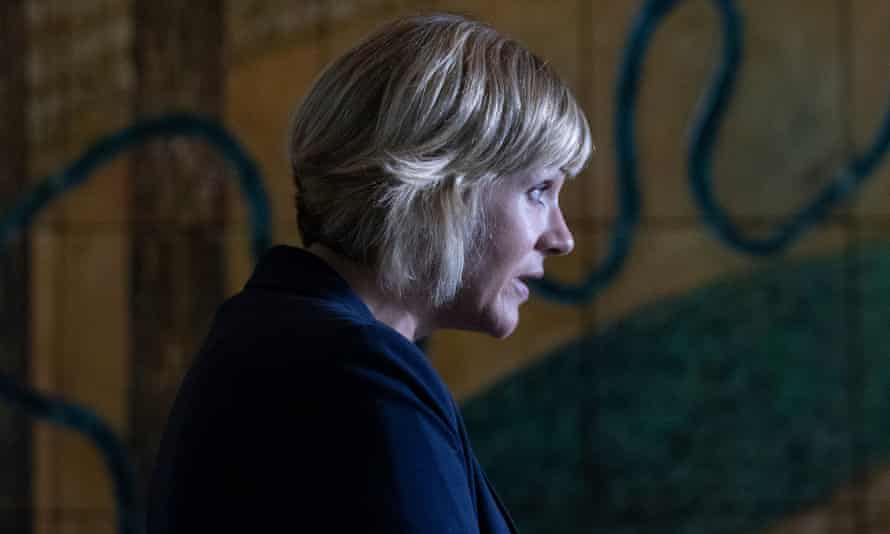Extract from The Guardian
Group hails ‘science-based, risk-management’ approach as world heads towards net zero emissions.

Last modified on Tue 26 Jan 2021 16.58 AEDT
A business group representing mining, retail, manufacturing, banking and energy bosses has formally backed climate change legislation proposed by the independent MP Zali Steggall, saying Australia needs to set a net zero emissions target for 2050 and lay out a path to get there.
The Business Council of Australia used a parliamentary submission to say Steggall’s plan proposed a “science-based, risk-management” approach that lined up with how businesses and their shareholders were increasingly responding to climate change.
Steggall’s private member bill, which was announced last February before being delayed due to Covid-19, and is now the focus of a parliamentary inquiry, includes a 2050 net zero target and would require the government to set a rolling emissions budget to meet it.
It would also introduce risk assessment and adaptation plans, establish an independent climate change commission and incorporate the government’s technology investment roadmap.
The business council’s submission, signed by the chief executive Jennifer Westacott, said it supported “strong action” on climate change, which required “setting a national target of net-zero emissions by 2050 and, critically, outlining a pathway to achieve this goal”.
“The high-level policy framework outlined in the proposed legislation represents an important starting point for the development of a clearly defined, nationally guided and coordinated climate policy response,” Westacott wrote.
She said a clearly articulated climate policy destination and a pathway to get there would be good for the community as it would lead to new job opportunities, greater economic resilience in regional Australia, a stronger competitive position internationally and sustained growth in productivity and real incomes.
More than 100 countries have set carbon neutrality or net-zero emissions targets, but the Morrison government continues to resist setting a timeframe.
It has said it expects the country to reach the goal in the second half of the century and wants to get there “as soon as possible”. But the emissions reduction minister, Angus Taylor told the ABC in November reaching net-zero by 2050 would require a 43% cut (compared with 2005) by 2030 and “that will destroy jobs, that will require taxes, that will impose costs on Australian energy consumers and raise the price of electricity”.
The government is expected to face increased pressure to reverse its stance and to set more ambitious 2030 commitments before the next major climate conference in Glasgow in November.
The new US president, Joe Biden, has promised to use “every tool of American foreign policy to push the rest of the world” to do more. His climate envoy, John Kerry, last week said all countries must increase ambition before the Glasgow summit “or we will all fail”. “Failure is not an option,” he said.
Kerry and Taylor spoke this week, reportedly agreeing “on the need to enhance international collaboration on technology R&D in order to reduce the cost of new technologies”.
Steggall’s legislation is backed by several other crossbenchers and the Greens. Labor is yet to make its position clear beyond saying it welcomed “any constructive action” on climate and would continue to engage with the independent, who won the Sydney seat of Warringah from the former prime minister Tony Abbott in 2019.
The government’s opposition to the bill makes it unlikely it will be debated in parliament, but the bill has won support from more than 100 businesses and organisations including the Australian Industry Group, the Australian Medical Association, the Council of Small Business Organisations, Unilever, Tesla and Origin Energy.
The business council submission said there were elements of the bill it believed required “careful interpretation” if they were to be consistent with an “efficient, least-cost” climate policy. They included not emphasising “sectoral policies” – taking different approaches in dealing with, for example, electricity, industry and transport – in a way that would rule out policies that could work consistently across the economy.
In another submission posted online this week, the Law Council of Australia said it did not formally endorse Steggall’s legislation as more needed to be done to acknowledge the multigenerational impact of climate change, but if the bill was amended it had “the potential to transform Australia’s approach to combatting climate change and its impact on our environment and society”.
Steggall said the submissions showed there was broad support for a sensible climate plan as the world headed towards net zero emissions. “Dragging this out and delaying significant emissions reduction will only cost more and increase risk to our communities,” she said.
No comments:
Post a Comment